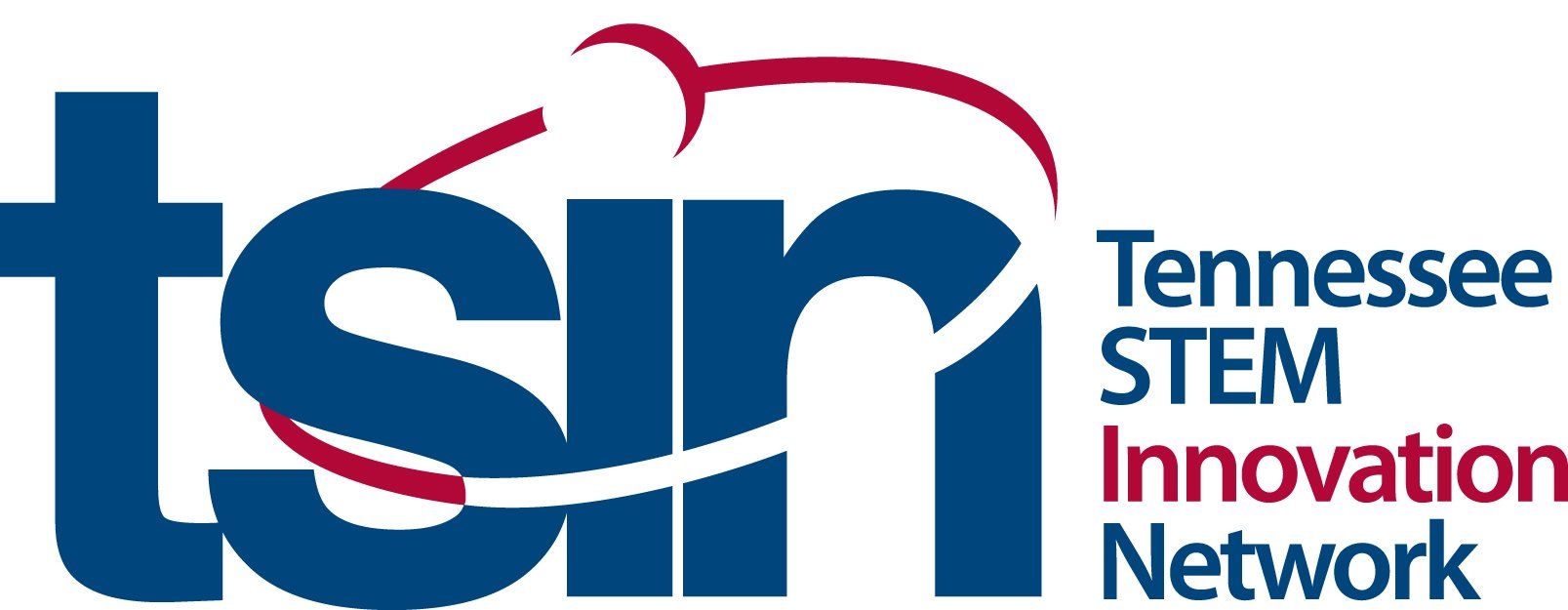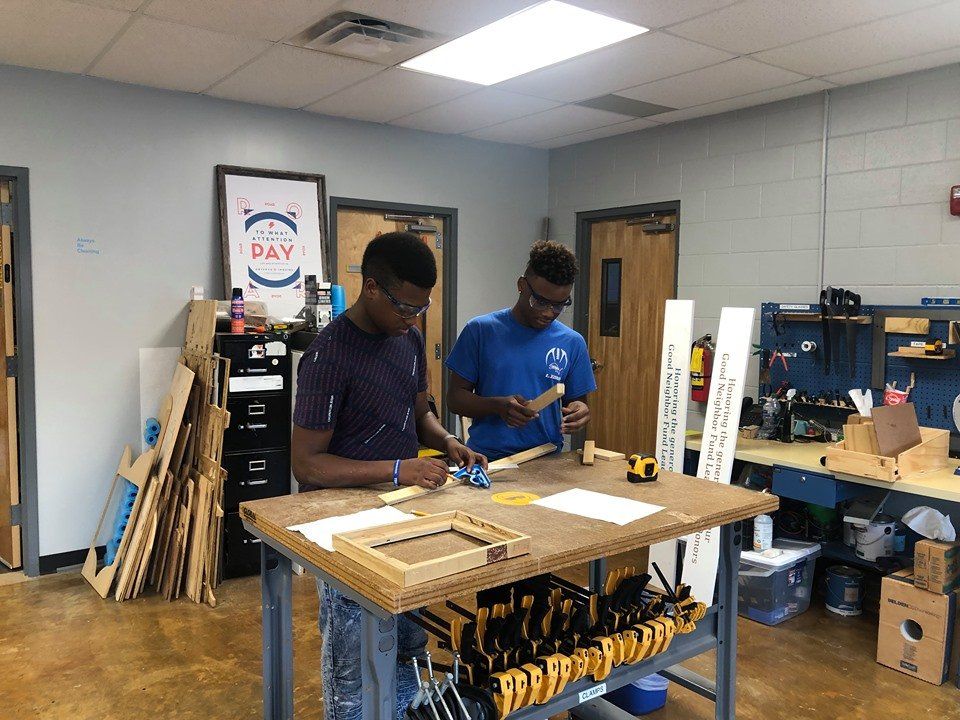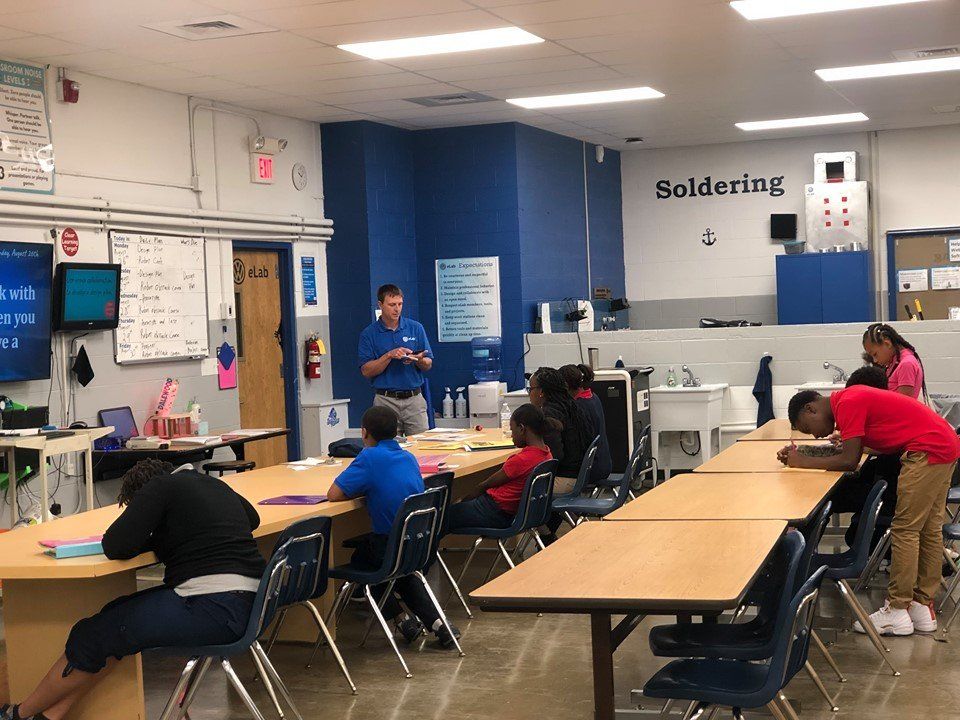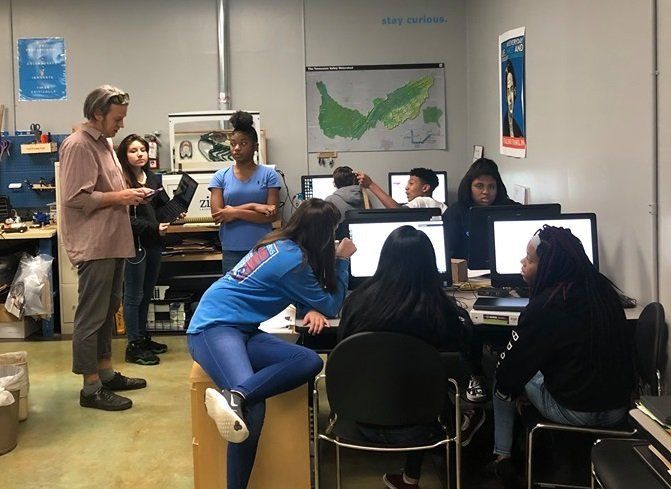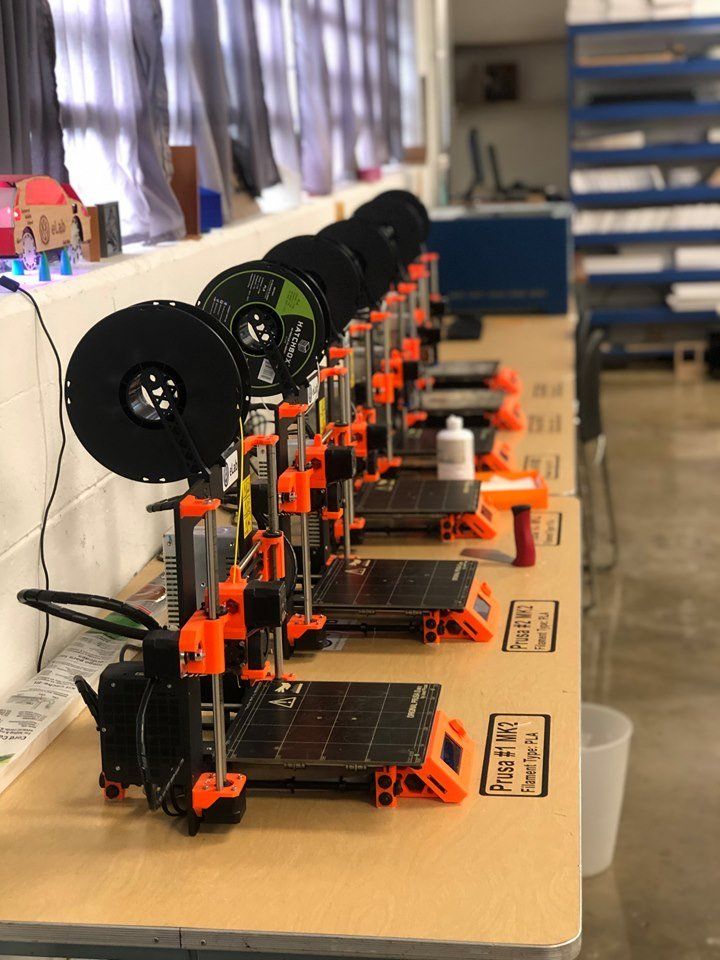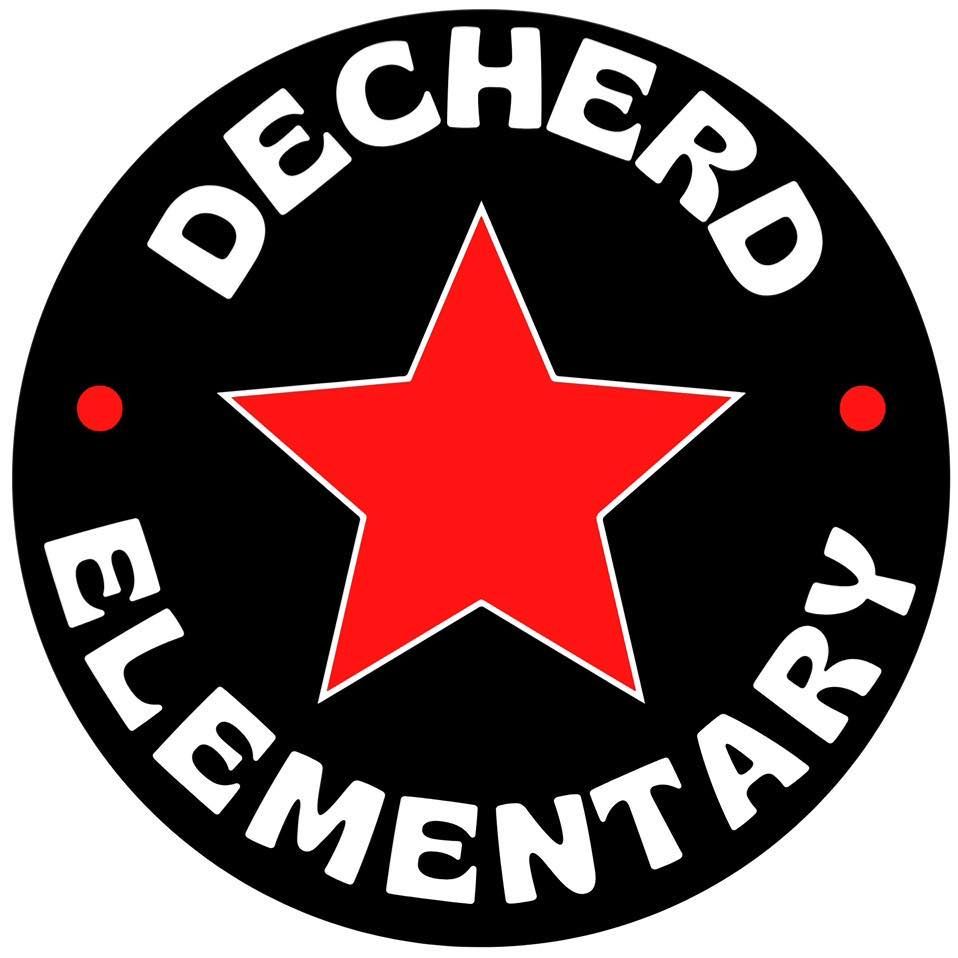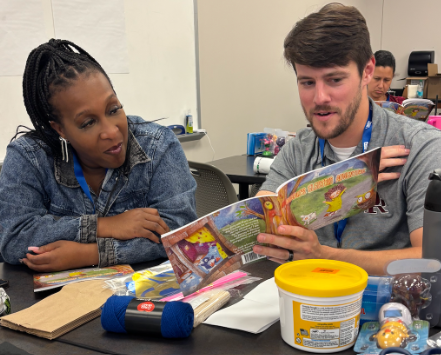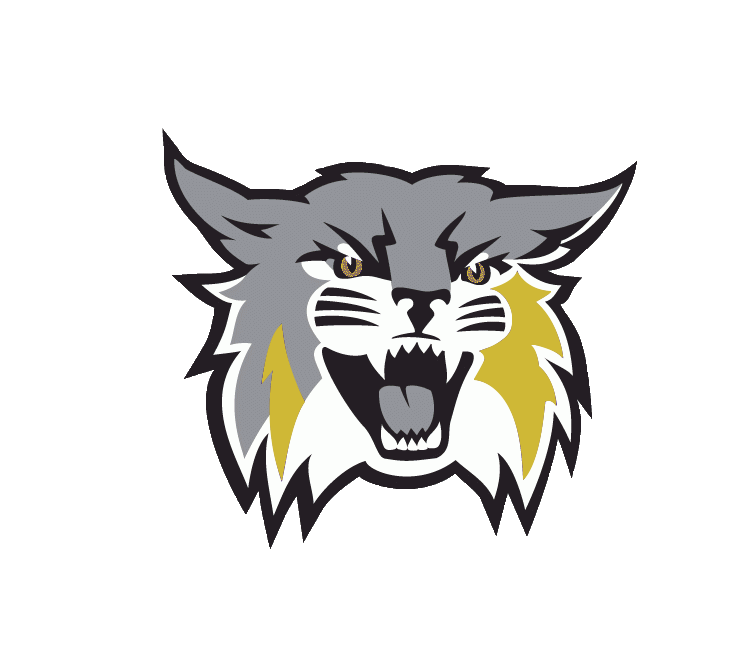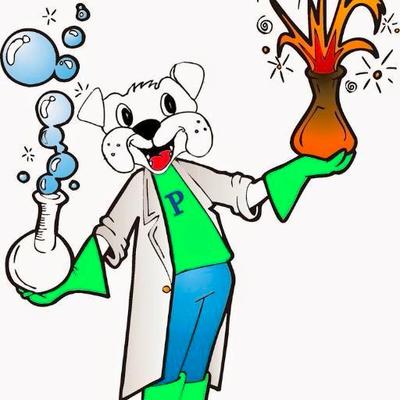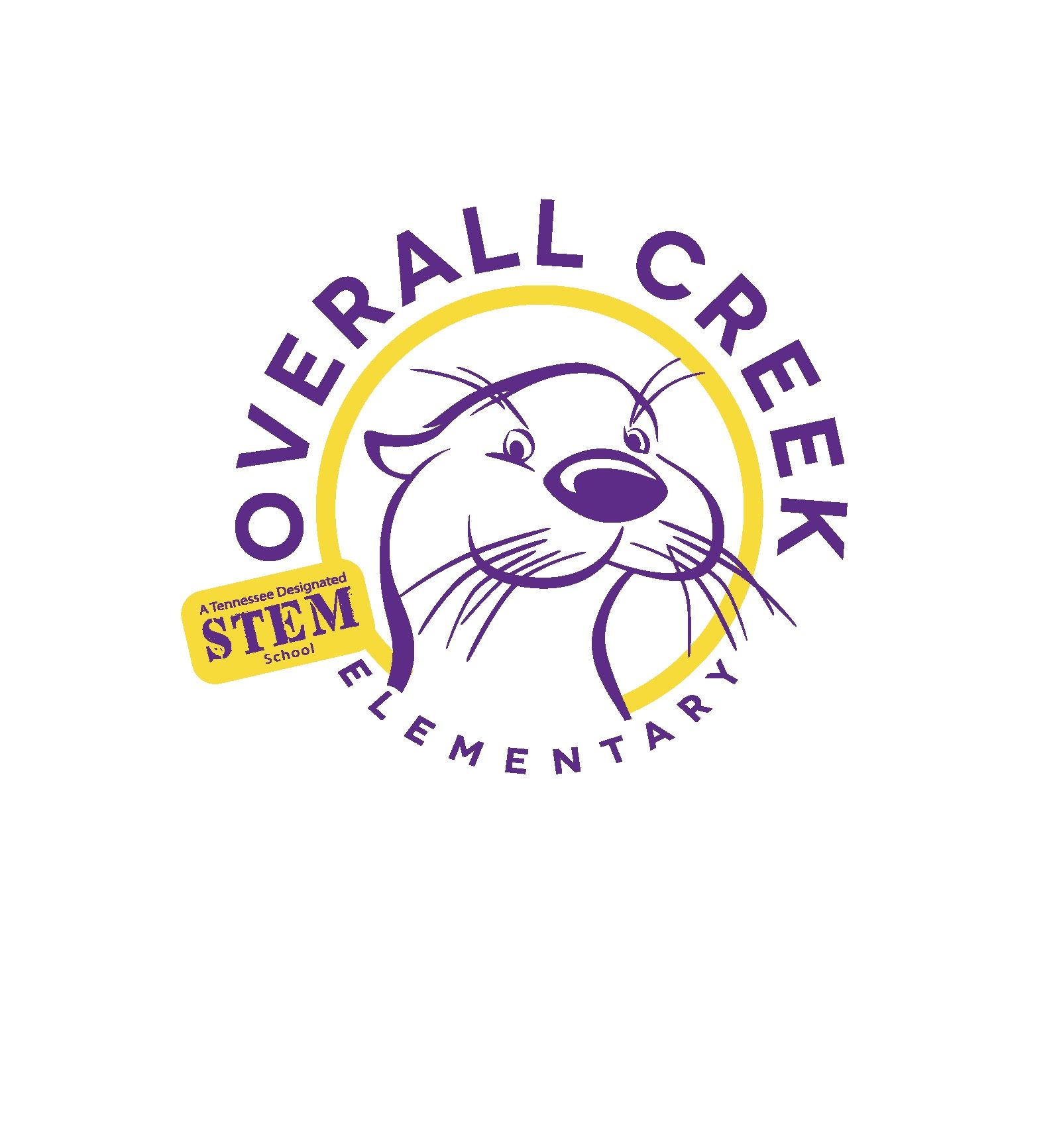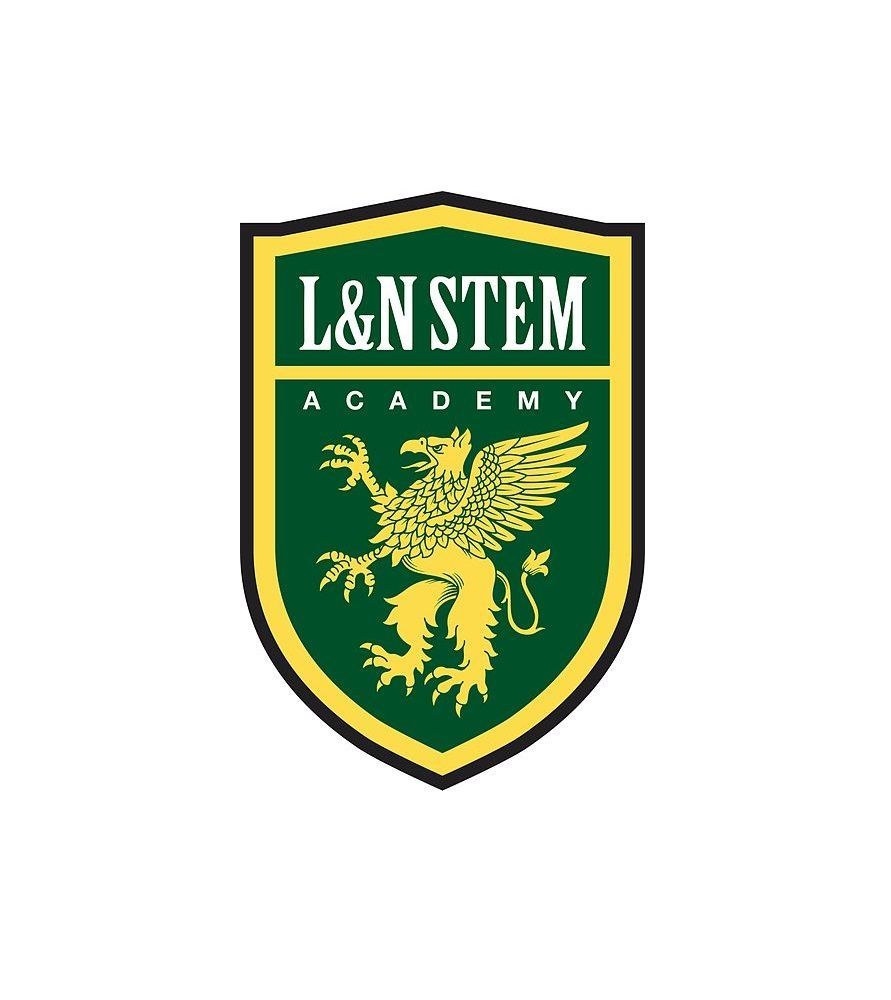Volkswagen eLabs Facilitate Design Thinking and Digital Fabrication Experiences for Hamilton County Students
In 2017, Volkswagen Group of America, in partnership with the State of Tennessee, announced a $1 million dollar investment in Hamilton County Schools to develop digital fabrication labs for students, dubbed "eLabs". These labs expose students to technologies including 3D printing, robotics, microcomputing and more and encourage students to explore design thinking and production. Through facilitation from the Chattanooga Public Education Foundation, eight labs opened across Hamilton County in 2017 and an additional eight labs opened in 2018. Each school has a dedicated "eLab" teacher or specialist. We interviewed two eLab specialists, Chris Seanard from Dalewood Middle School and Matthew Craig from Red Bank High School to learn about their new role, the importance of design thinking and digital fabrication, and the impact of these state-of-the-art labs on student engagement.
What
is your background? How did you end up in your current role overseeing
your school’s Fab Lab?
Chris Seanard: For as long as I can remember, I
have been taking things apart and tinkering with them. I am always trying to
figure out how things work and how I can modify them to make them better. The
term “thing” is very broad and includes kitchen mixers, go kart engines, Volkswagen Beetle engines, and even the electric brakes on my moms horse trailer. I have
also been teaching for most of my life. My very first teaching gig was when at
our family horse farm Pony Party Paradise teaching horseback riding lessons to
other children attending a summer pony camp. I continued my teaching career as
a snowboard instructor during high school, undergraduate, and graduate
school. I earned my teaching
certification in 2010 and began working in public schools. I have worked in
alternative education programs as well as rural and inner city middle schools. I transitioned to the role as Volkswagen eLab Specialist at Dalewood Middle School in 2017 with with support and
training from my schools leaders as well as PEF.
Matthew Craig: I attended Mizzou in Columbia, Missouri, and received a Bachelor of Educational Studies in Practical Arts and Vocational-Technical Education, emphasizing in Design Technology. During my studies, one of my mentors was Jim Kyd who re-imagined an old automotive maintenance shop into a completely student-run space station simulation. This was where I really found myself steeped in the concept of “Themes in Context,” which is very similar to Project Based Learning. I came to the Red Bank Schools as a Technology Coach after 11 years on paper as the “Computer Teacher,” dabbling in everything from Computer Applications to Video Production, Computer Diagnostics to Technical Theater in a middle-school based Museum Magnet school. One of my principals explained that there was a competitive process for proposals for VW eLabs. I wrote it exactly as I thought it would work best, and envisioned myself in there, doing the work with students. Here I am.
How
was the transition to the new role? What supports did PEF provide? How do
you collaborate with other Fab Lab educators across the county?
CS: Transitioning from a typical middle
school math classroom to working in our eLab felt like a natural transition
for me. Although I was very excited, I was also very nervous about the transition. I worried that I would not know what to teach
or how to teach it. The support from PEF while
starting our eLab made my worries disappear. The
training was vital because it helped us develop the mindset of what a
successful eLab should feel like. Leading and developing an eLab is driven
by teaching standards, but must also include time, space, and support for
students to become comfortable enough to share and express their creative
ideas. Collaboration with other
specialists was essential to the success of the 16 new eLabs. We
are given multiple opportunities to
collaborate and learn during extensive training provided by PEF. Throughout our
ongoing training, PEF also models what it feels like to be successful leaders,
they know when to give direct instruction, and also know when to say “hey this
is something new, try this.”
What impact has the Fab Lab had on students or the STEM culture at your school? How are the skills that students are learning in Fab Lab beneficial to their development as learners and citizens?
MC: We are currently in the process of applying for Tennessee STEM Designation , so the goal is that STEM concepts are fully integrated in everything we do in all classes. In so many ways, STEM culture is really about applied knowledge, no matter what the subject. The most defined events are bi-annual “ROAR (Reflections On Academic Rigor) Nights,” in which student work is put on display for the community to come by and ask questions of the student docents. Many of these applied projects are developed in the eLab, either by teachers collaborating or students stopping by to define how they’d like to demonstrate and pass along their learning.
When we think about how we came to know something, and attempt to explain and apply that understanding to another person in a meaningful way, that’s really the most we can ask of any citizen. That metacognitive process is very challenging, requiring higher-order skills like empathy and self-awareness. It really elevates the understanding to a very high level, and when done well, is deeply meaningful to those exhibiting the learning. As you can imagine, when we are up against the deadline of those ROAR Nights, a catapult competition, or community project, the lab is absolutely alive with energy, excitement and momentum, pulling everything forward. It’s an exceptional feeling for everyone involved.
Do you have a favorite project or story from your time in the eLab?
CS: One of my favorite eLab projects is our GreenpowerUSA electric race car program. We started the program
through a partnership with Green Spaces Chattanooga
and have now grown to a
multi-car team with help from PEF and Teacherpreneur. We have one kit car which is our entry-level car, where students
must follow schematics and instructions to assemble and race the 24 volt go-cart
style race car. Our second car is a custom car that the students are designing
and building from scratch while following the rulebook as a guide. The students
share their ideas and designs on their student created website
.
Students are responsible for
building the cars as well as giving presentations and making videos for each of
the several race events they participate in each year.
MC: If I had to choose one project, about 18 months ago, we had kids create a puppet Abraham Lincoln that could be controlled anywhere in the world, real-time. There was also an audio and video interface. I am confident that no one in the world has ever done this. As I described the project to one student in particular, he gave me a look of, “really?” I explained to him that it wasn’t so much about making puppets talk from states away, but a demonstration of the technology and how it could be used. In his case, he had just recently broken his hip, and I put it in the context of robotic surgery. “Imagine if we could get the best surgeon in the world to operate, robotically.” He got it, and was immediately on-board to help lead us toward our goal. This project became known as the Animatronic Puppetry Experience, or “A.P.E.” Project. We brought together all sorts of people; a Public Education Foundation TeacherPreneur program, “Shrunken History,” the Mozilla Community Fund, Normal Park Museum Magnet 8th grade history class, their puppetry class, and Red Bank High School’s STEM 2 class, as well as some helpful technologists at Chattanooga’s “The Enterprise Center.” Together, we re-created the historic Lincoln-Douglas Debate of 1858 using animatronic puppet versions of Abraham Lincoln and Steven Douglas.
For more information about Volkswagen eLabs, tour or media requests, please contact Michael Stone at mstone@pefchattanooga.org
